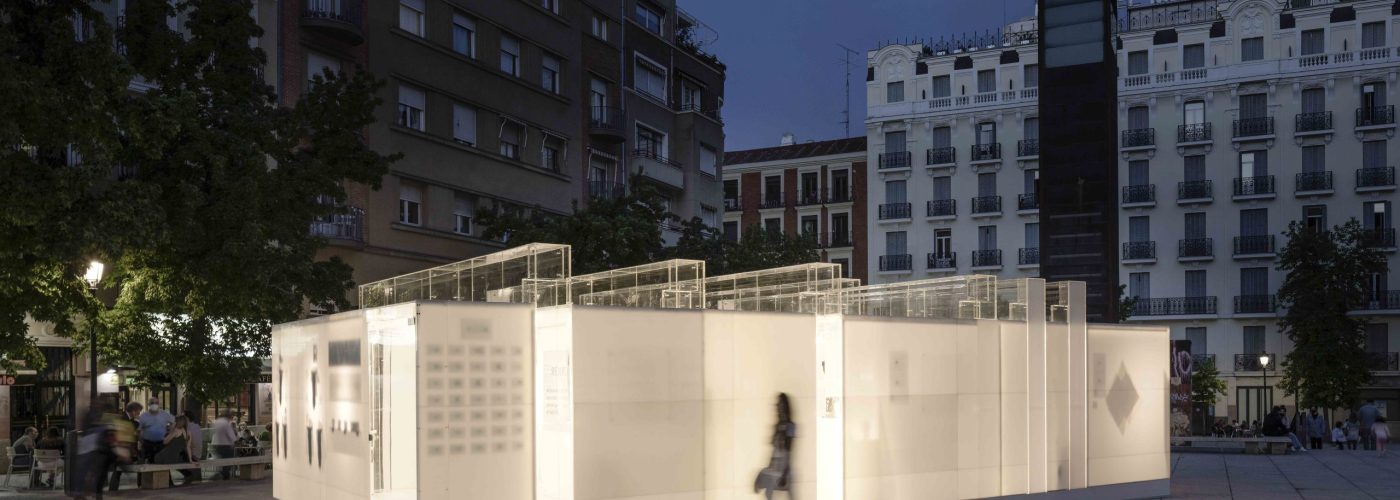Increasingly, cities seeking rapid, noticeable change without lengthy rebuilding projects are utilising temporary pop-ups and modular events. Small changes like these test demand, encourage people to get out into the streets, and provide small businesses with a safe way to try out new ideas. Many event planners also explore partnerships and themed promotions through legal non-GamStop casino sites for UK audience to reach nightlife enthusiasts and urban trendsetters. Empty lots and shopfronts have been turned into lively public places with the help of pop-up buildings and tactical urbanism projects. This lets city officials and developers respond quickly to changing needs.
Councils may use short trials to determine what works, refine permit conditions, and select which sites are worth investing in on a permanent basis. This transforms space that was formerly wasted into evidence of long-term development.
Why temporary activation works
With temporary activations, designers, marketers, and groups can test out ideas without incurring significant expenses. Nighttime food stands, art tents, and pop-up markets attract people and help new businesses get started.
Entertainment providers and curated evenings that draw in people from beyond the area are often partners. For example, casino connections are used to market listings that target late-night crowds.
Cities can quickly adjust curfews, staffing, and services to meet changing needs. This reduces political risk and provides operators with greater flexibility to adjust scheduling, seating, and programming.
Pilot programs often demonstrate quantifiable increases in local spending and enhanced feelings of safety, which help support the argument for gradually investing in transportation and streetscape infrastructure.
Modular design and rapid deployment
It is possible to have many pop-ups because modular construction and premade parts make building faster and cheaper. In just a few days, you can set up and use freestanding booths, shipping container bars, and fold-out tents in various locations.
Promoters work with specialised entertainment brands and leisure providers, publishing trial events on casino platforms to reach their target clientele quickly. In other places, these associates employ casino operators who manage their businesses responsibly and offer ticketed, weatherproofed pop-up experiences that blend well with cafés and galleries.
These modular devices enable planners to test out different crowd movements, acoustic treatments, and vendor mixtures before making expensive changes. They operate as real-world pilots, helping planners make lasting design choices instead of just performing stunts.
Programming, partners and the night economy
Strong programming makes a container a destination by giving people reasons to visit, such as curated markets, live music, movie screenings, and themed nights. Cities regularly ask event planners, community groups, and independent companies to help them run events that keep stores open later.
Sometimes, such companies are well-known leisure brands that are prominent in community channels, which help promote specialised events. Cross-promotion with transit companies and nearby hotels makes activation possible and fair for all parties involved.
Thoughtful contracts specify limits for noise, stewarding, and trade hours so that partners may try out ideas without bothering their neighbours. When operators follow regulations, municipalities are more likely to grant them additional licenses and encourage repeat activations.
Logistics, safety and transport
Transportation that runs late at night, clear loading plans, and designated safe zones make activations easy to access and operate. Most event listings direct people who are interested to casino sites to watch certain late-night shows.
Trucks, taxis, and foot traffic can avoid accidents by using streets that are safe for walkers, setting up temporary parking bays at the curb, and just moving around. Many owners are considering collaborating with the nearby community to find volunteer caretakers who can help people navigate the area.
For public safety to be effective, there must be defined health standards, well-trained staff, and strong connections with law enforcement and community partners. Organisers can swiftly address minor issues, such as overflowing trash or gaps in transportation, before they impact the flow and success of an event by involving transportation planners early and monitoring activations in real-time.
Measuring impact and scaling successful pilots
Pilots want clear measures, such as foot traffic, dwell duration, local spending, safety incidents, and resident attitudes, to help them decide whether to stay. Planners should publish results, share lessons learnt with local businesses, and use open dashboards so that everyone can see the value. Promoters even post case studies on third-party sites, such as casino directories, where relevant leisure partners demonstrate that they are following the rules in their communities.
When pilots achieve their goals for economic growth and social harmony, municipalities may implement progressive modifications, such as improved lighting, more permanent seating, and enhanced public spaces. In this way, short-term wins become long-term assets in the area. Using a flexible, evidence-based approach is the most effective way to build successful, mixed-use cities.





